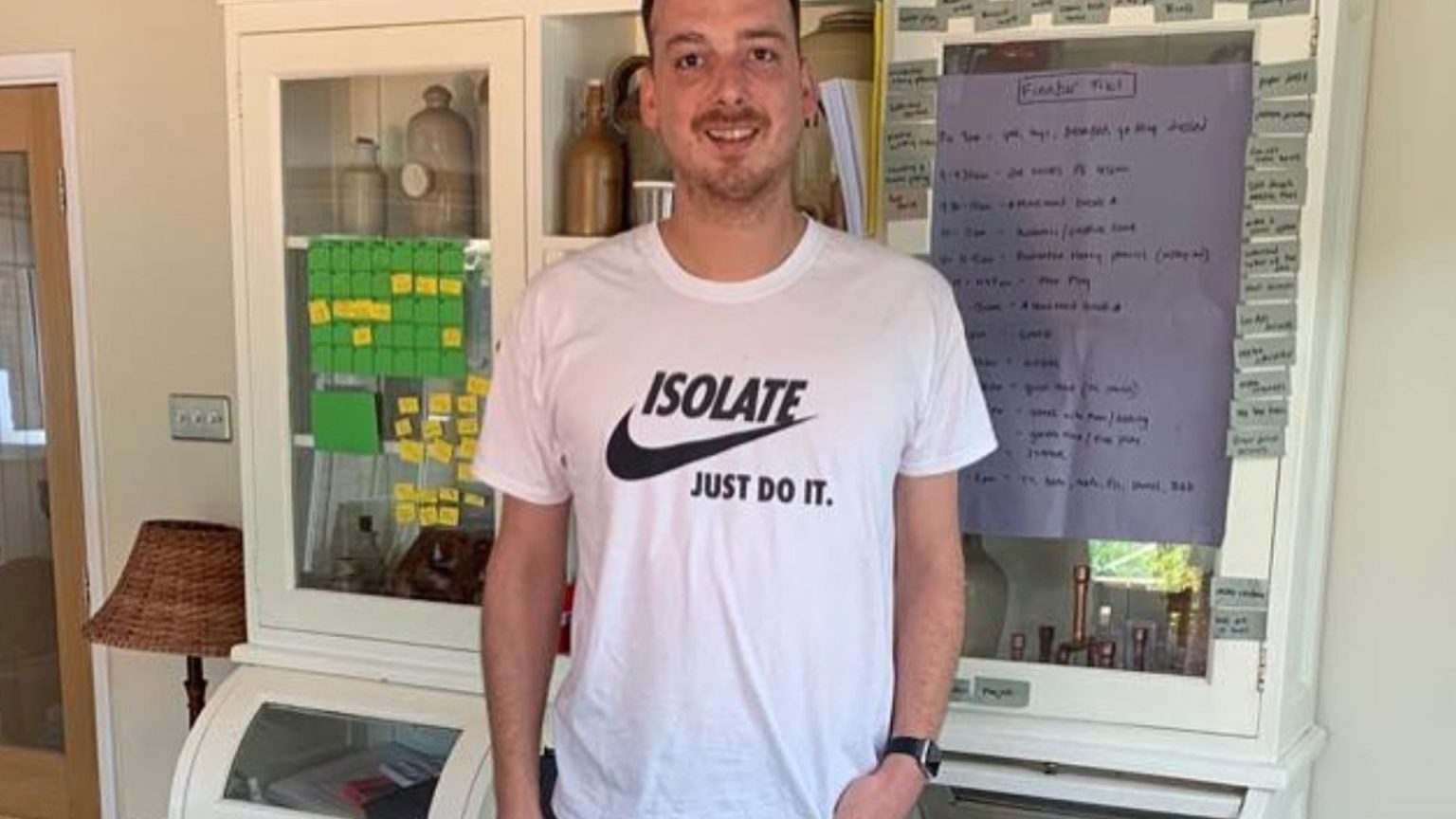The tragic death of 32-year-old Charlie Marriage in June 2021 underscores the critical importance of seamless access to essential medication, particularly for individuals managing chronic conditions like epilepsy. Charlie, who had been diagnosed with epilepsy at the age of 14, relied on the medication Fycompa to control his seizures. Due to a series of unfortunate circumstances and systemic failures, he was unable to obtain his medication despite repeated attempts to contact his GP, NHS 111, and a local pharmacy. This ultimately led to a fatal seizure while he was self-isolating due to COVID-19 exposure. The subsequent inquest into his death revealed a cascade of errors and missed opportunities that contributed to this preventable tragedy.
Charlie’s ordeal began when he realized his isolation period would prevent him from accessing his prescription, which was usually delivered to his university pharmacy. He contacted his GP surgery the following day, hoping to arrange an emergency supply. However, he was met with delays, dropped calls, and bureaucratic hurdles. Despite multiple calls and an online request, the surgery closed for the weekend without providing him with the necessary medication. Desperate, Charlie turned to NHS 111, making five calls and explaining his situation in detail to various call handlers. Eventually, he was directed to a nearby Superdrug pharmacy. However, upon arriving, he and his mother discovered the pharmacy was unable to access the system required to fulfill the emergency prescription and did not have Fycompa in stock.
Adding to the already distressing situation, the Superdrug pharmacy was experiencing significant backlogs, further hindering Charlie’s access to his medication. The locum pharmacist on duty was unfamiliar with the system necessary to process NHS 111 emergency prescriptions. Despite Charlie and his mother’s desperate pleas, they were left without the medication he desperately needed. This series of failures left Charlie increasingly anxious and stressed. In a desperate attempt to manage his condition, he took two outdated, lower-dose pills he had kept at his girlfriend’s flat, hoping they would suffice until he could obtain his regular prescription.
Tragically, just 90 minutes later, Charlie suffered a fatal seizure while alone in his flat. His final hours were marked by the relentless stress and frustration of trying to access the medication essential for his well-being. The coroner’s report identified critical failures on multiple fronts: the GP practice’s inability to prioritize and process urgent prescription requests, NHS 111’s failure to escalate Charlie’s case to a clinician, and the pharmacy’s inability to support patients requiring emergency medication.
The coroner’s inquest determined that Sudden Unexpected Death in Epilepsy (SUDEP) was the official cause of death. While not directly attributing Charlie’s death solely to the medication failures, the coroner acknowledged that the lack of medication likely contributed by increasing his risk of seizure and their severity. SUDEP, a rare complication of epilepsy, affects approximately 550 adults in the UK annually. While the exact cause remains unknown, it is linked to seizures, and certain factors, such as uncontrolled seizures, sleep seizures, inconsistent medication adherence, substance dependency, and living alone, are known to increase risk.
The tragic circumstances surrounding Charlie’s death have prompted calls for systemic changes within the NHS to prevent similar incidents. The coroner issued a Prevention of Future Deaths report directed at NHS England, urging a review of patient triage procedures, especially for those requiring urgent medication access. This report highlights the need for improved communication and coordination between GP practices, NHS 111, and pharmacies, particularly during out-of-hours periods. It also emphasizes the importance of ensuring that pharmacies are adequately staffed and equipped to handle emergency prescriptions. This case serves as a stark reminder of the critical importance of ensuring access to vital medication and the potentially devastating consequences of systemic failures in healthcare delivery.











